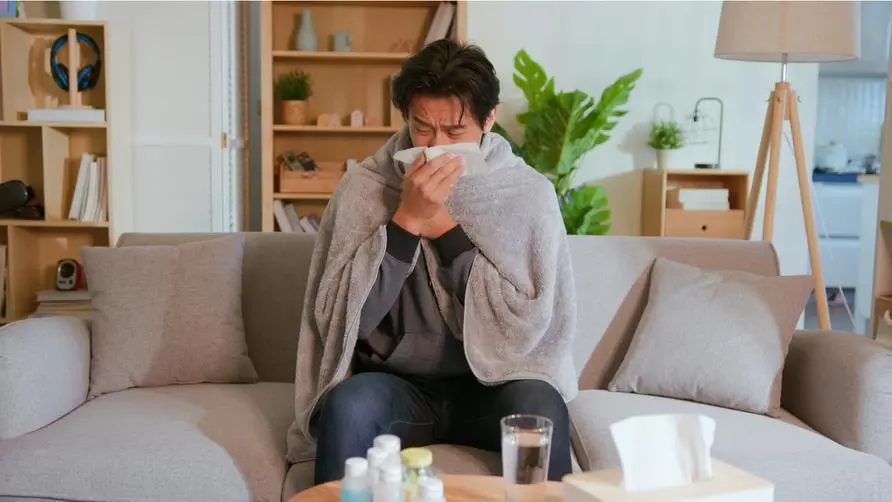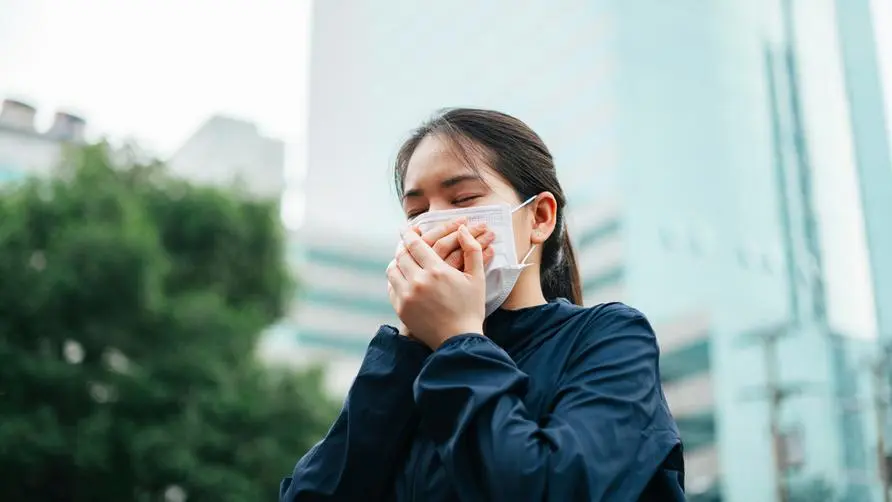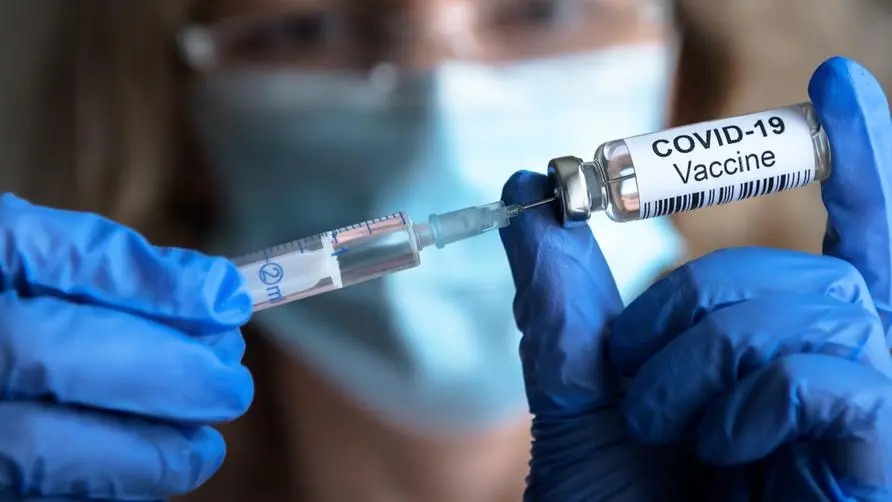"5 symptoms" appear within one week of infection, triple risk of contracting COVID-19? Intensivists expose high-risk groups

Pay attention to the “5 symptoms” that appear within a week of infection: Research: Risk of COVID-19 increases by 3.5 times
Will you suffer from “long COVID-19” after being diagnosed? Is it possible that the “five symptoms” appear one week after being infected? Dr. Huang Xuan, an expert in critical care medicine, pointed out in a social post that “Nature” published a study stating that King’s College London analyzed COVID-19 cases in the United Kingdom, the United States, and Sweden and found that “five types of symptoms occurred in those infected with the epidemic within the first week of diagnosis.” If the symptoms are above, the risk of the disease developing into COVID-19 in the future will be 3.53 times higher than that of generally diagnosed people.
Dr. Huang Xuan said that the five common symptoms include headache, fatigue, hoarseness, muscle aches and difficulty breathing. It is worth mentioning that elderly people over 70 years old are more likely to suffer from “loss of taste” symptoms than younger people. In addition, age and gender are also risk factors for developing COVID-19. The study pointed out that the probability of contracting COVID-19 for people aged 18-49 was 9.9%; for patients over 70 years old, the probability was 21.9%. Women’s chance of contracting COVID-19 is 14.9%; the risk is nearly 1.6 times higher than men’s 9.5%.
Will the symptoms of “addicts” get worse with COVID-19? Combining “4 situations” may increase the risk of suicide
Research published in “An International Journal of Medicine” shows that bad habits and mental illness may be related to the worsening of COVID-19 symptoms. Dr. Huang Xuan said that cigarettes themselves contain a large number of chemicals, which can cause severe systemic inflammatory reactions. If people who have recovered from COVID-19 continue to smoke, the cerebrovascular disease originally caused by viral infection will continue to suffer a severe inflammatory reaction, leading to the worsening of the COVID-19 condition.
Research also points out that if smokers suffer from the “four major mental conditions”: stress, anxiety, depression, and loneliness, it will easily lead to increased impulsivity and aggression, as well as symptoms related to the brain in the past, such as cognitive decline, memory loss, and attention. Lack of concentration, etc. will also be aggravated. In addition, the emergence of stress and anxiety will also lead to a higher probability of smoking, creating a vicious circle between the two. The final result may be suicide and self-harm among smokers.
Vaccine has “limited effect” on suppressing COVID-19? Experts warn: Medical capacity may collapse
As for whether the vaccine can reduce the risk of contracting COVID-19? “Nature” recently published a report stating that researchers collected health survey records of nearly 13 million people and found that vaccination only reduces the chance of developing COVID-19 by 15%. The report pointed out that the duration of COVID-19 may be only a few weeks or as long as several months, the course of the disease is difficult to quantify, and the definition of symptoms is difficult to agree on, so the research results are still uncertain.
American nephrologist Ziyad Al-Aly believes that the new coronavirus is highly transmissible, and even if only a small number of confirmed cases contract COVID-19, it may have serious subsequent effects. Since the vaccine has limited protective effect against COVID-19, if the authorities decide to cancel the mask and social distance policies, the medical capacity may be overwhelmed.
Dr. Huang Xuan said that COVID-19 has only been around for less than three years, and there are still many mysteries about COVID-19 syndrome that need to be solved by scientists. We appeal to the public that even though most local cases are currently mild, the impact of the sequelae of COVID-19 on the human body is still unknown. Therefore, epidemic prevention measures such as wearing masks, maintaining social distance, and washing hands frequently must still be implemented to avoid the continued expansion of the virus transmission chain and adverse effects on health.
source:
Attributes and predictors of long COVID
The Long-COVID Syndrome: smoking and enhanced suicide risk
Further reading:





